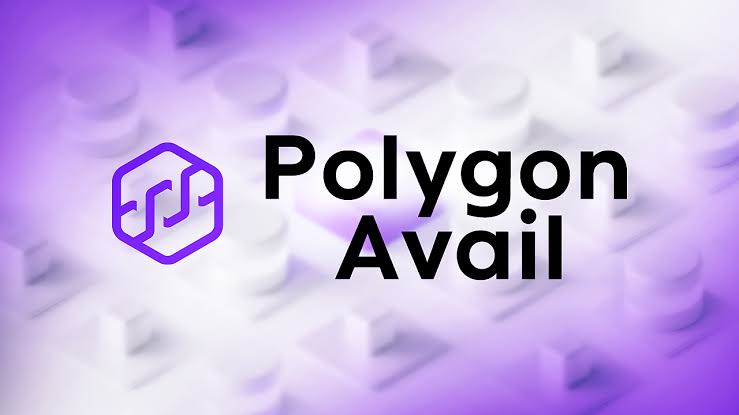In order to handle data storage and verification for blockchains, Avail, a project that was spun off from Polygon earlier this year, introduced its “data attestation bridge” on Friday. This new service is intended to lower costs for layer 2 and layer 3 chains in the Ethereum ecosystem.The data attestation bridge aids with off-chain data security.It is linked to Ethereum and is applicable to both optimistic and zero-knowledge rollups that rely on Ethereum as a base layer.
The cost of storing data on Ethereum can be significant, hence Avail intends to offer a way for layer 2s and 3s to publish data off-chain, thereby lowering the high transaction costs that frequently result from posting data on the primary Ethereum network.The goal is to prevent Ethereum’s main blockchain from becoming clogged with anything other than execution and settlement operations.The “data availability problem,” sometimes known as DA, is the problem of managing the data and establishing distinct networks for data storage. Cryptographic systems are being developed to demonstrate that the data is accurate and exists (i.e., that it is available).
“The data attestation bridge establishes a direct connection between the L2 rollup’s data and the L1 via Avail’s off-chain data availability layer,” Avail said in a press release.
One element of what Avail will provide in the layer 2 ecosystem is the bridge.Avail wants rollups to launch totally on top of its network in the long run. These networks might contain so-called validiums, scaling solutions for Ethereum that store transaction data off-chain.
“When an L3 or a validium sends the transaction data to Avail, the data attestation bridge provides the attestation on Ethereum,” Anurag Arjun, the founder of Avail said in an interview. This then proves to Ethereum that “whatever data was submitted by the rollup to Avail is actually available.”
Arjun was a co-founder of Polygon, which Arjun spun off as Avail in March.Avail published the second stage of its “Kate” testnet in June after conducting a number of experiments to promote validator involvement in the network.


